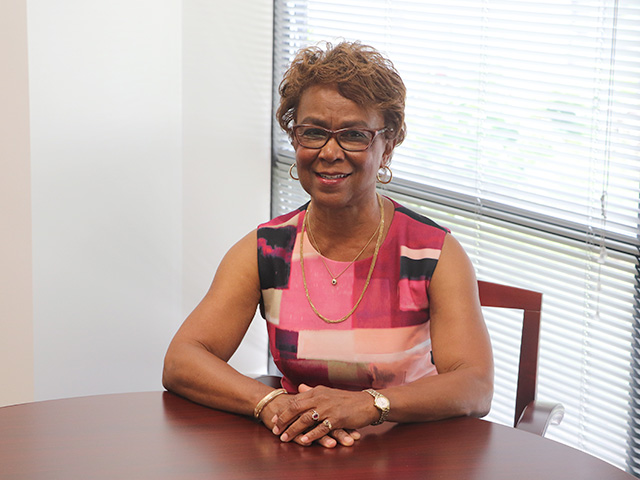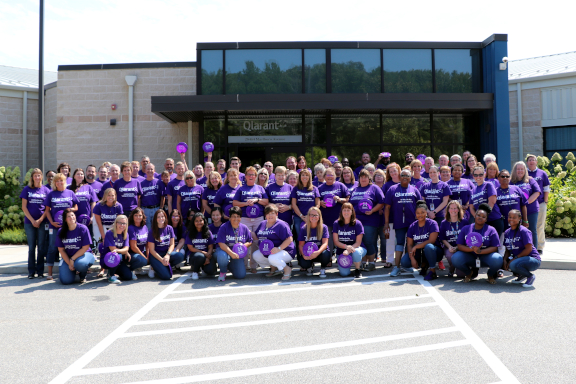Success Stories: Chapter 8 – Girls in the Game
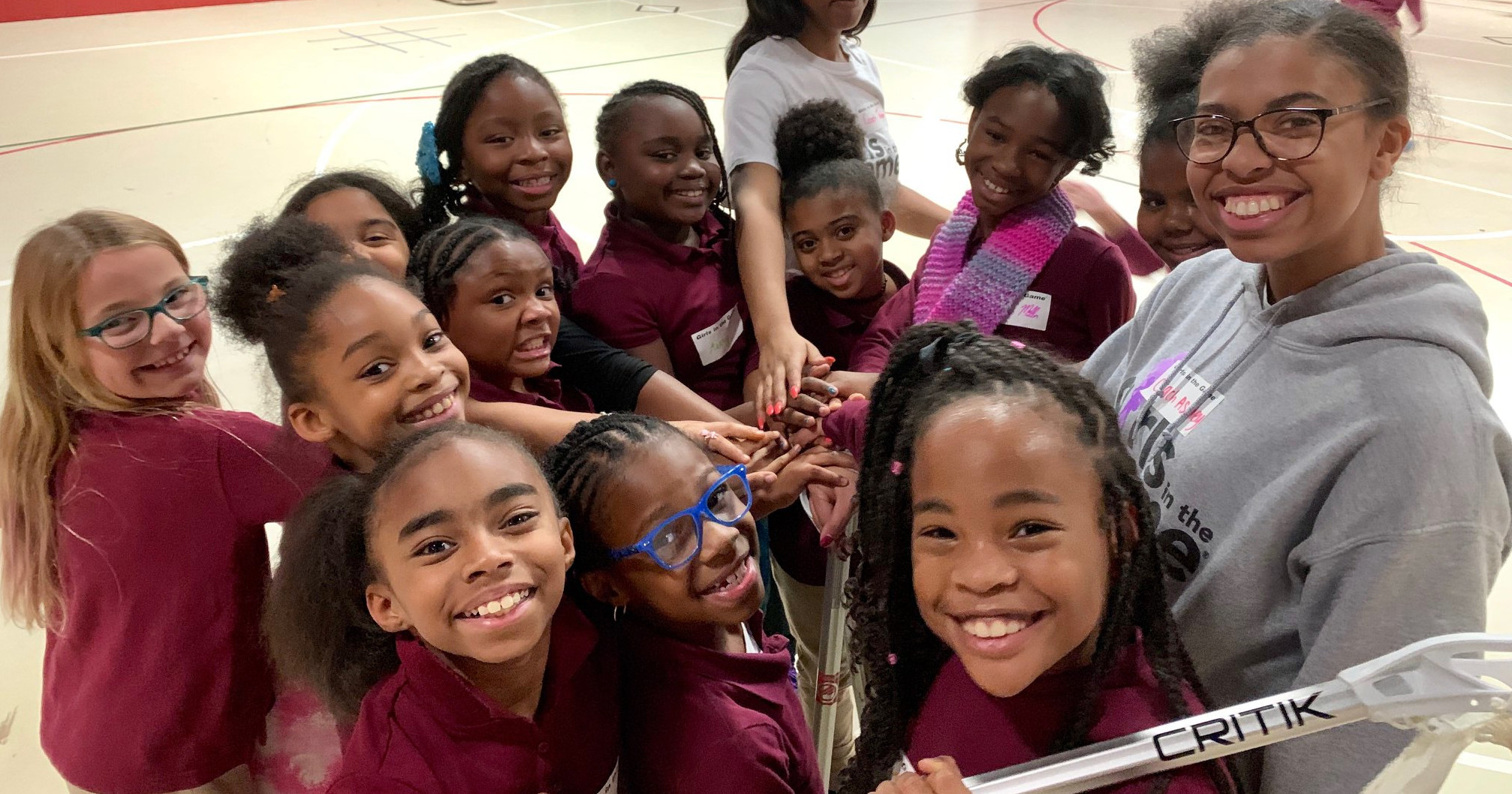
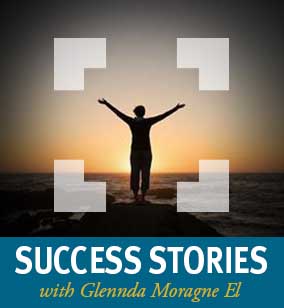 In 2014, Girls in the Game established their After School Program in Baltimore, Maryland through a partnership with Towson University. Girls in the Game provides after school programming at five different locations throughout the city each week and touches the lives of 150 girls over the course of the 20-week program. The girls and young women who participate complete up to six 3-week modules, each covering a different sport. The curriculum also addresses health and leadership topics with lifelong impacts such as smart eating, body image, bullying, healthy relationships, conflict resolution, diversity, and setting goals.
In 2014, Girls in the Game established their After School Program in Baltimore, Maryland through a partnership with Towson University. Girls in the Game provides after school programming at five different locations throughout the city each week and touches the lives of 150 girls over the course of the 20-week program. The girls and young women who participate complete up to six 3-week modules, each covering a different sport. The curriculum also addresses health and leadership topics with lifelong impacts such as smart eating, body image, bullying, healthy relationships, conflict resolution, diversity, and setting goals.
The After School Program introduces girls to a wide variety of physical activities including traditional sports like soccer and expands their horizons through fitness activities like kickboxing. The program provides a non-competitive environment for girls to learn and be active without the potential of being overshadowed by their male peers.
Girls in the Game primarily serves minority girls ages 7 to 18 from low-income backgrounds who live in neighborhoods with limited opportunities for healthy extracurricular activities or formative leadership experiences. These girls tend to be less active, have lower self-confidence, and are at a higher risk for obesity and pregnancy (Women’s Sports Foundation, 2015). With the prevalence of unhealthy eating habits, little access to or knowledge of nutrition and health, and lack of opportunity for fitness, these girls are missing out on the benefits of the healthy lives and bright futures they deserve.
At Girls in the Game, every girl has the opportunity to find her voice, discover her strength, and lead with confidence through fun and active sports and health programs. As one of the only organizations in the nation that addresses girls’ physical, mental, and emotional health through exposing them to a variety of activities and providing nutrition, health education, and leadership development, Girls in the Game truly addresses the whole girl.
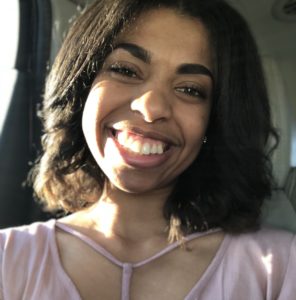
Ashley Pilgrim is the Program Coordinator for Baltimore. She is a graduate of Towson University with a bachelor’s degree in Exercise Science. From being a coach of middle school volleyball and varsity cheerleading teams to her extensive personal experience playing sports, she has become very familiar with the impact that sports can have on a girl’s life. Ashley has spent the last four years working in community health, particularly the promotion of physical activity among underserved youth through Girls in the Game. After spending two years as a volunteer coach, she was promoted to Program Coordinator for Baltimore After–School Programs, a position created in partnership with Towson. She hopes to continue to make a bigger impact in the health of girls and young women of urban communities.
Let’s meet Coach Ashley!
Q: Why did you initially get involved with Girls in the Game?
A: “It was a good way for me to connect my passion for community service and getting experience in my degree field.”
Q: What have you learned from working with girls and Girls in the Game?
A: “I’ve learned that girls need someone to look up to and they thrive when they know people care about them. I’ve really valued the relationship building aspect of my position with girls in the game. It has been rewarding to introduce girls to topics and sports they’ve never been exposed to previously.”
Q: What are strategies to engage volunteer coaches?
“Build strong relationships to help volunteers connect with the organization. I believe my passion for girls in the game has passed on to the volunteers.”
Q: What are some pressing needs of the girls we serve?
“Girls need support, strong female role models that look like them, and a space where they can feel inspired to do great things.”
Q: What is one of your favorite memories from Girls in the Game?
“When I first brought lacrosse sticks to one of our elementary sites, the girls were so confused and asked if the lacrosse sticks were tennis racquets. By our third week of lacrosse, a girl was feeling discouraged about the sport, and another girl told her that “Coach Ashley says you can do anything if you put your mind to it so keep trying!” I think that speaks to the need for more than just programming, we need to focus on relationship building.”
Q: What do you want people to know about working at Girls in the Game?
“It is not always easy. You have to put in the work in order to see results, and it is so worth it when you see the girls succeed, for example taking on leadership roles outside Girls in the Game.”
All of the program staff is supportive of each individual participant and is committed to ensuring the success of their girls. The following Success Story demonstrates the success of the program:
Kamlyah, a fifth grader at Montebello and in her third year with Girls in the Game, wanted to try a new sport. After asking the other girls to join her, none felt like they could try lacrosse. Following what she learned from her time with Girls in the Game, Kamlyah made the decision to lead the way. “I’m going to try it because Coach Ashley says we can try anything we want to, and we won’t know if we’re good at it until we try.”
Coach Ashley reports that these girls are almost lacrosse pros by now. Kamlyah has become such a leader in our program, helping the coaches and always being the first to volunteer or demonstrate a sports skill. Coach Ashley says, “This story exhibits the self-esteem and grit our programs encourage in participants to risk failure and try something new. It also exemplifies the quality coaching we ensure through training and support.”
In each of the last 2 years, Qlarant Foundation has provided a $10,000 grant to Girls in the Game. “This is the first time the Foundation has funded a program dedicated specifically to the health and well-being of girls,” said Dr. Molly Burgoyne-Brian, Chair of the Qlarant Foundation Board of Directors. “I think this has been a great investment of our funds.”
Join me next time for another wonderful organization dedicated to helping the homeless of our nation’s capital.

